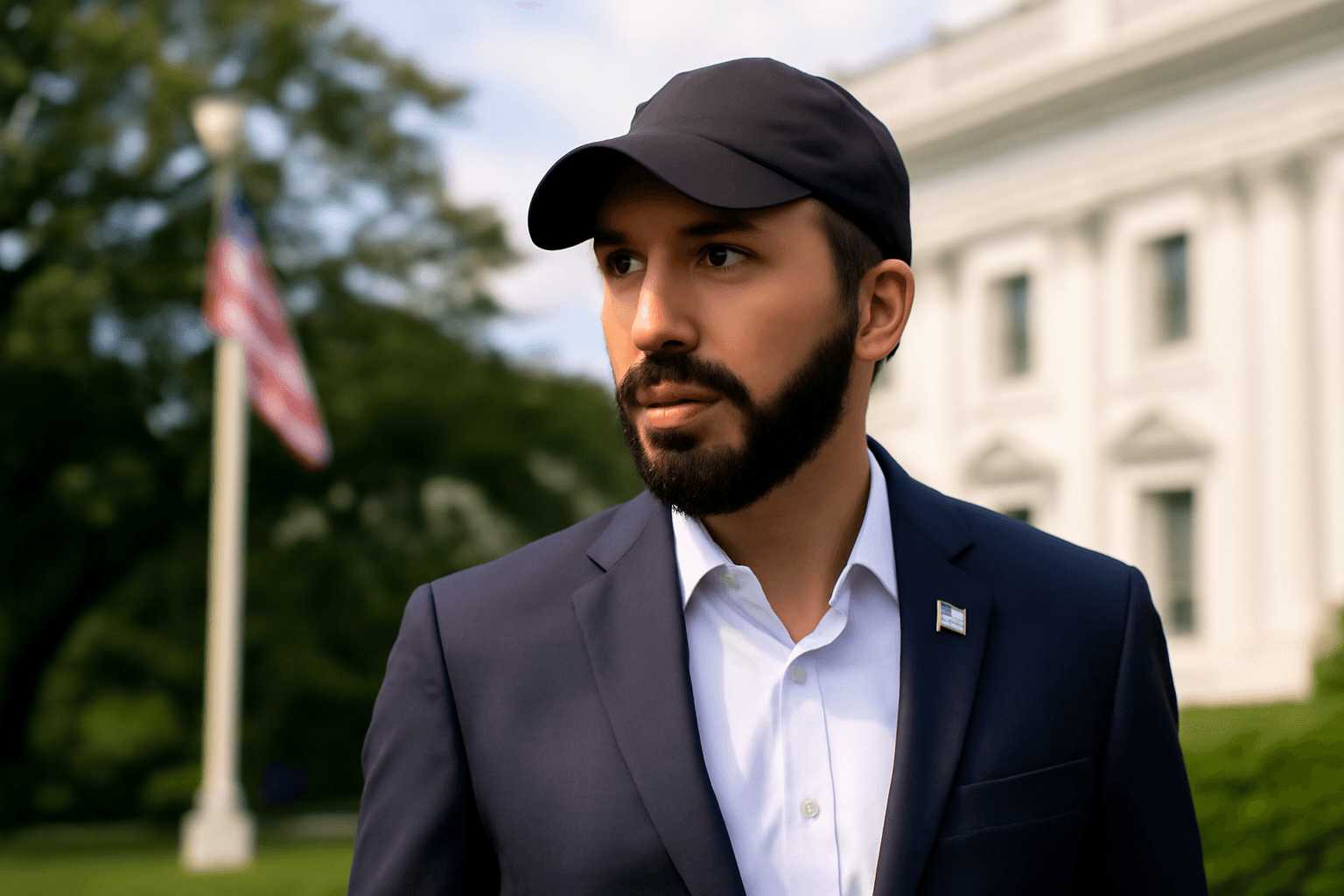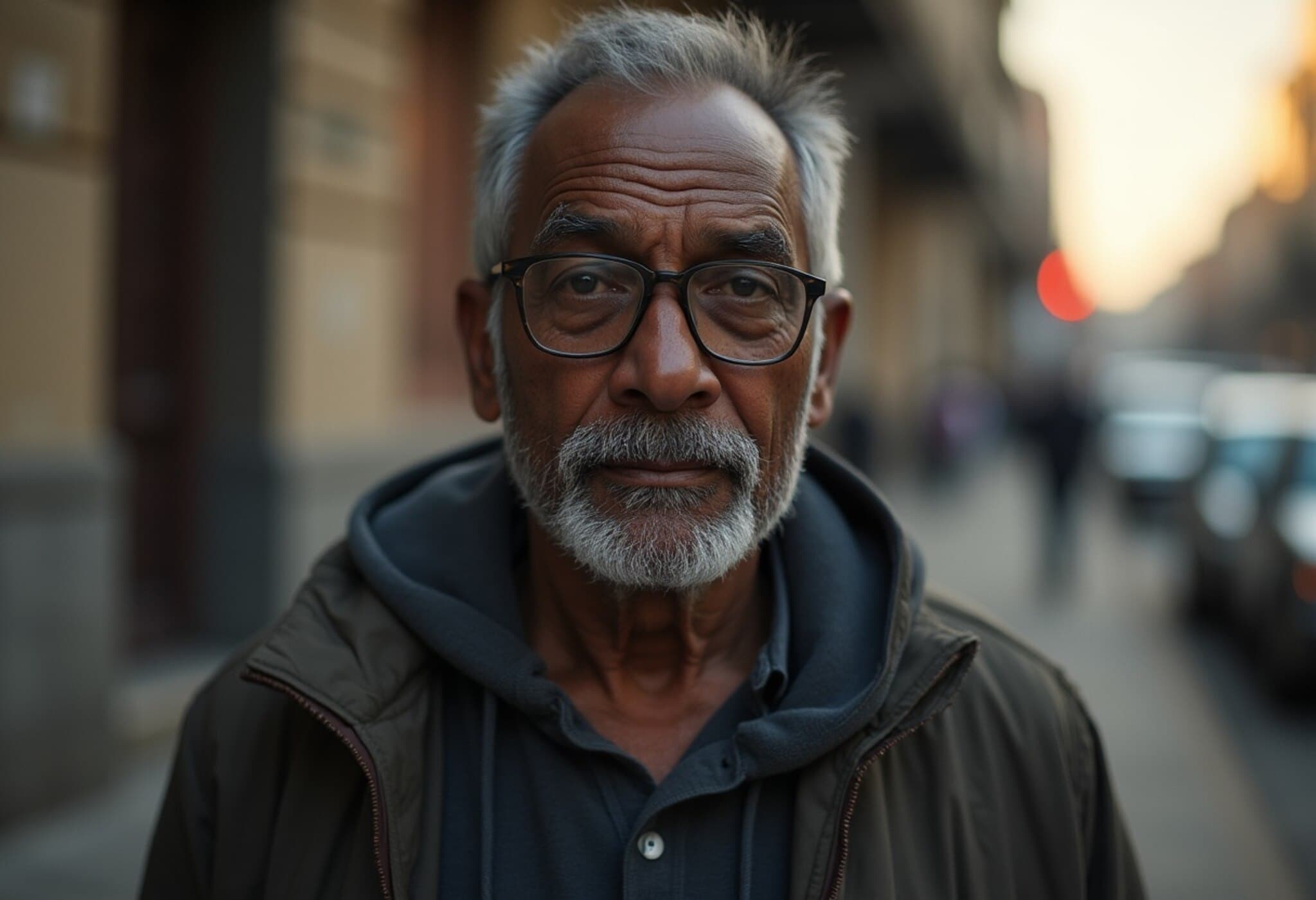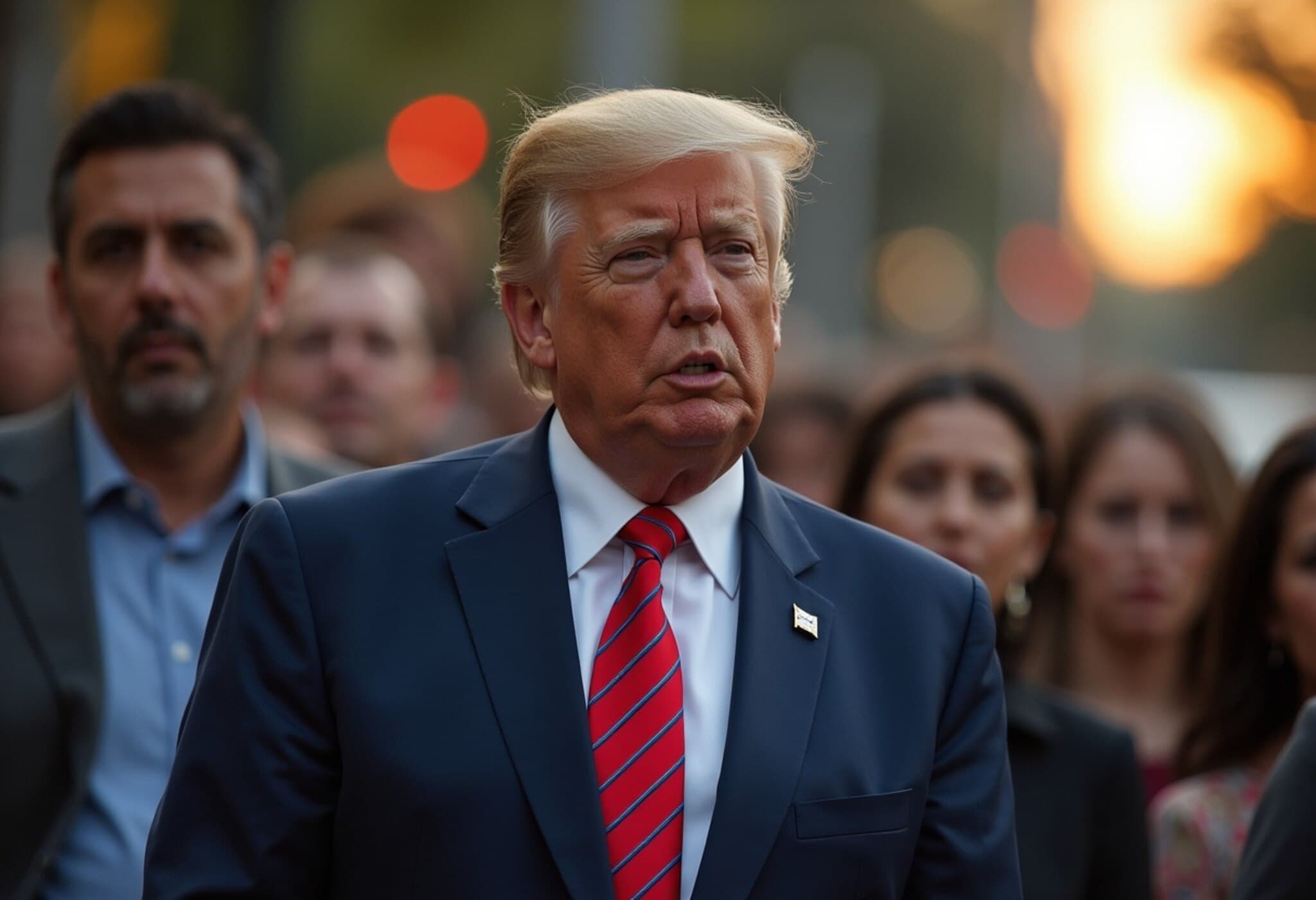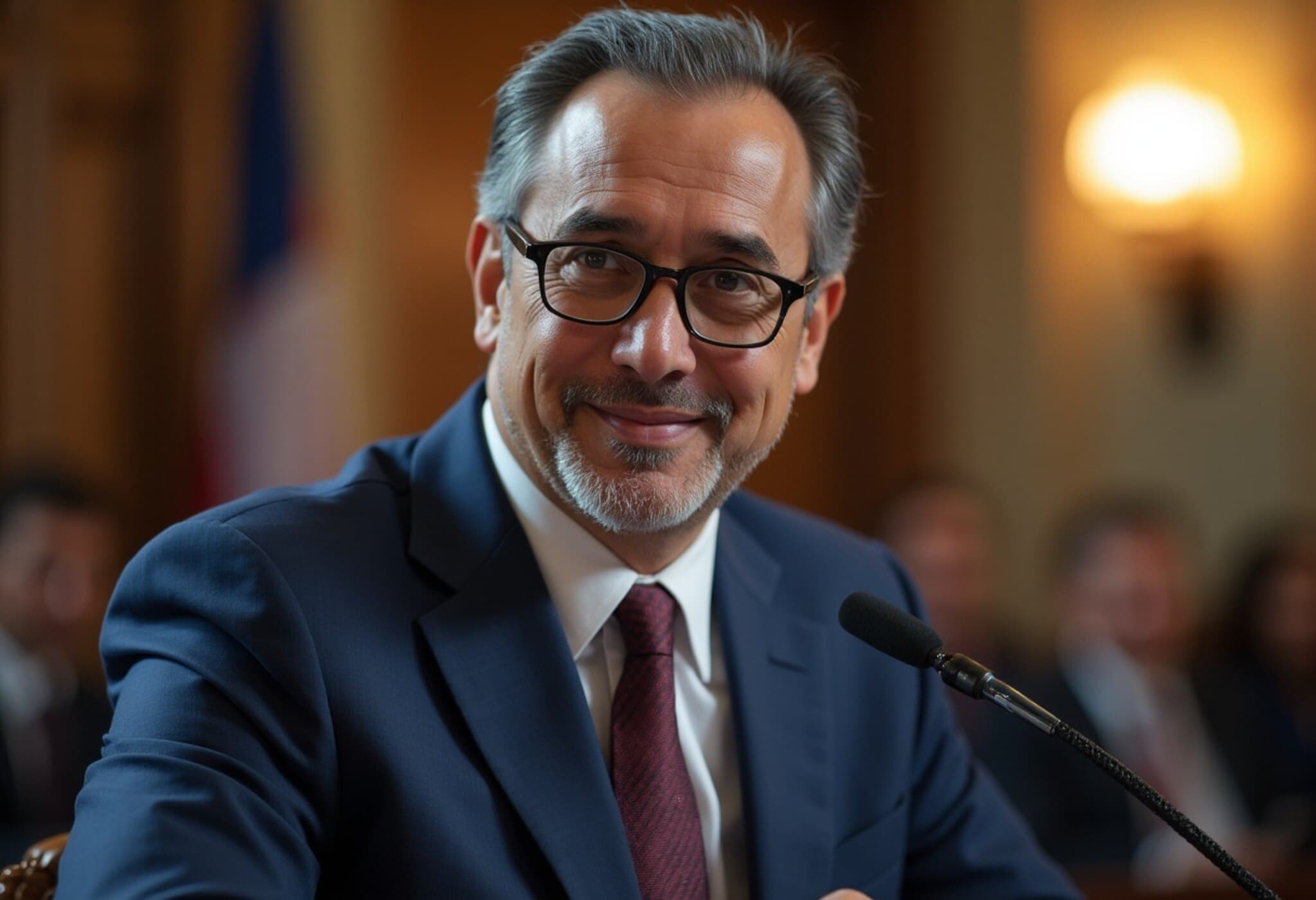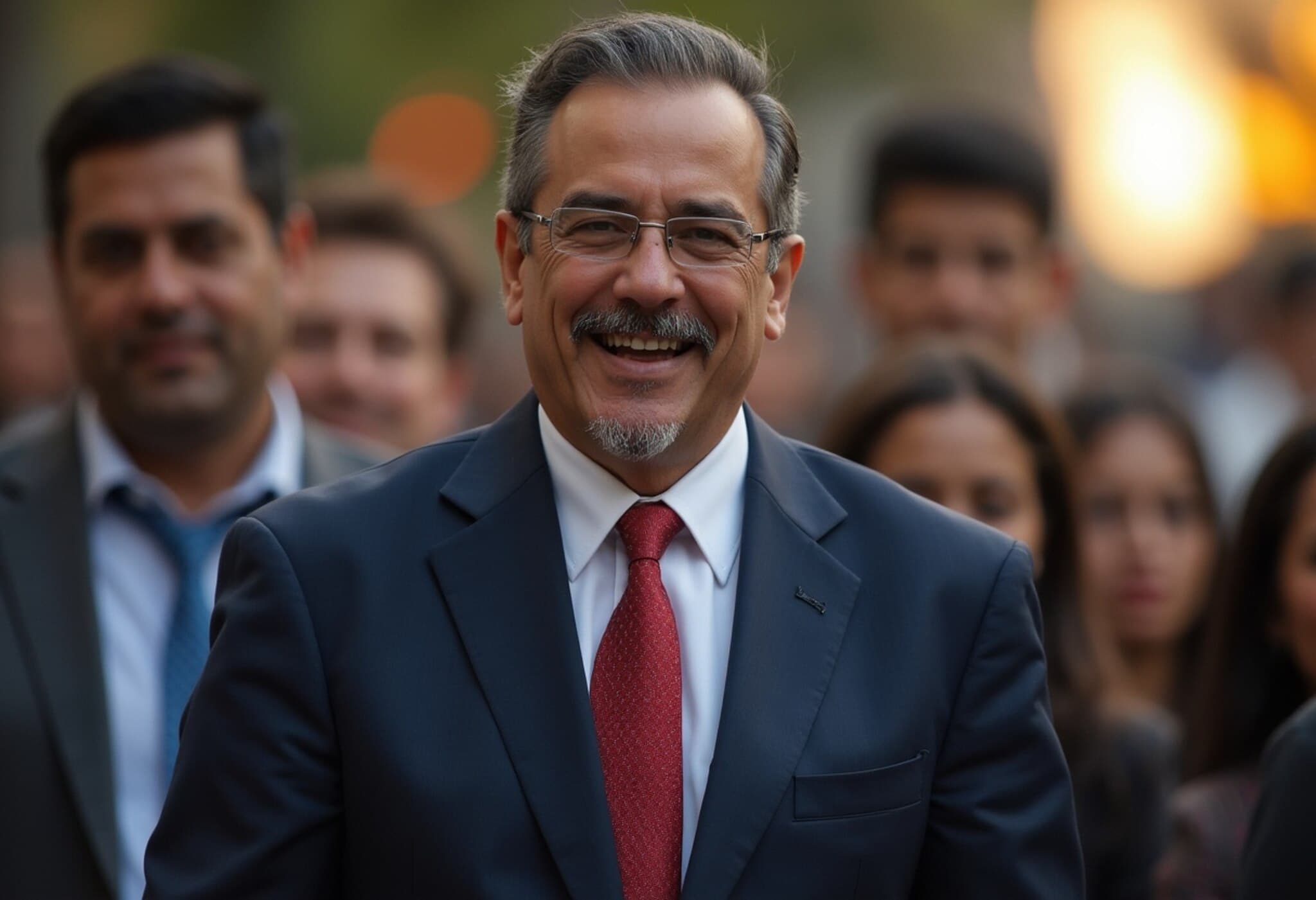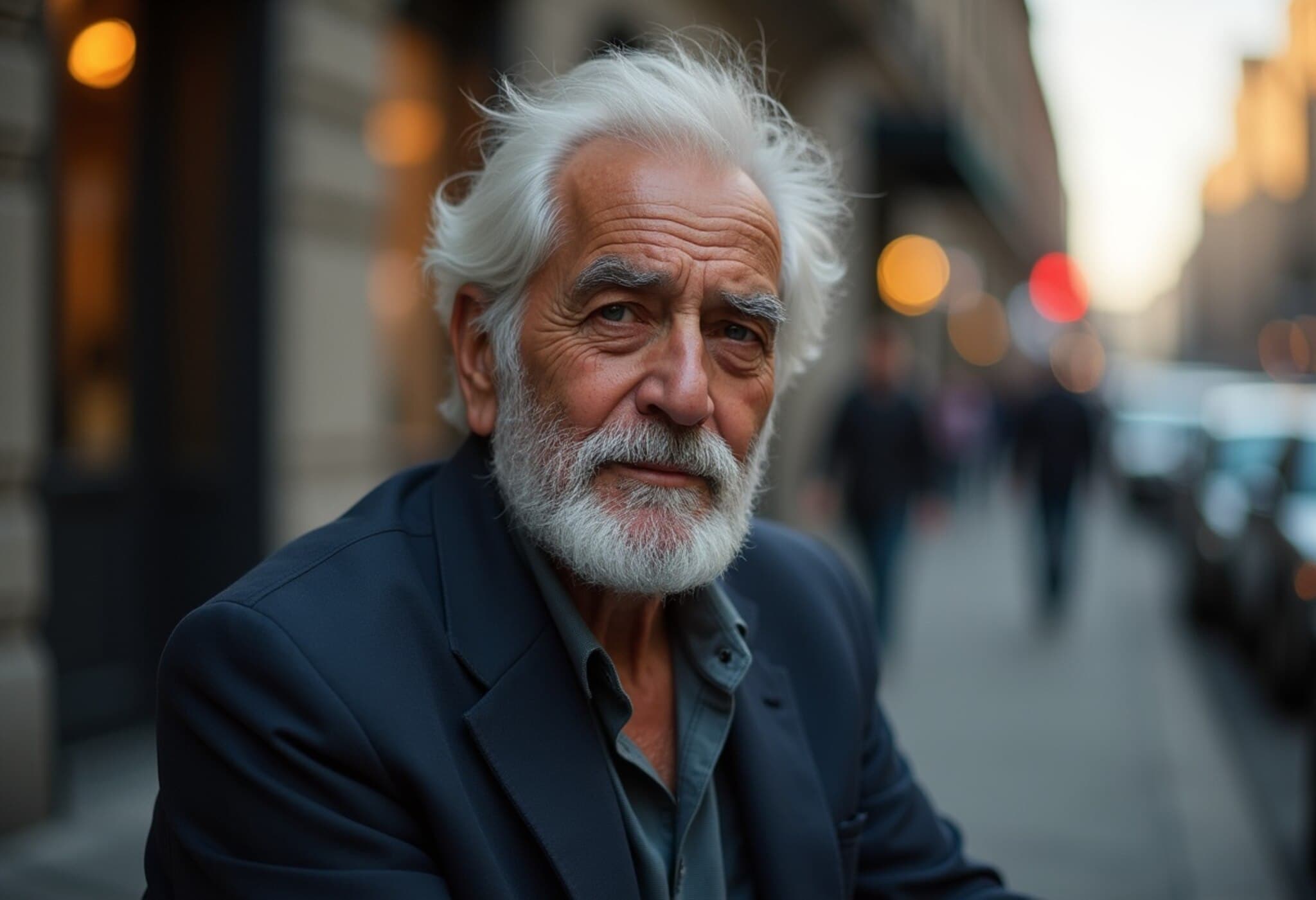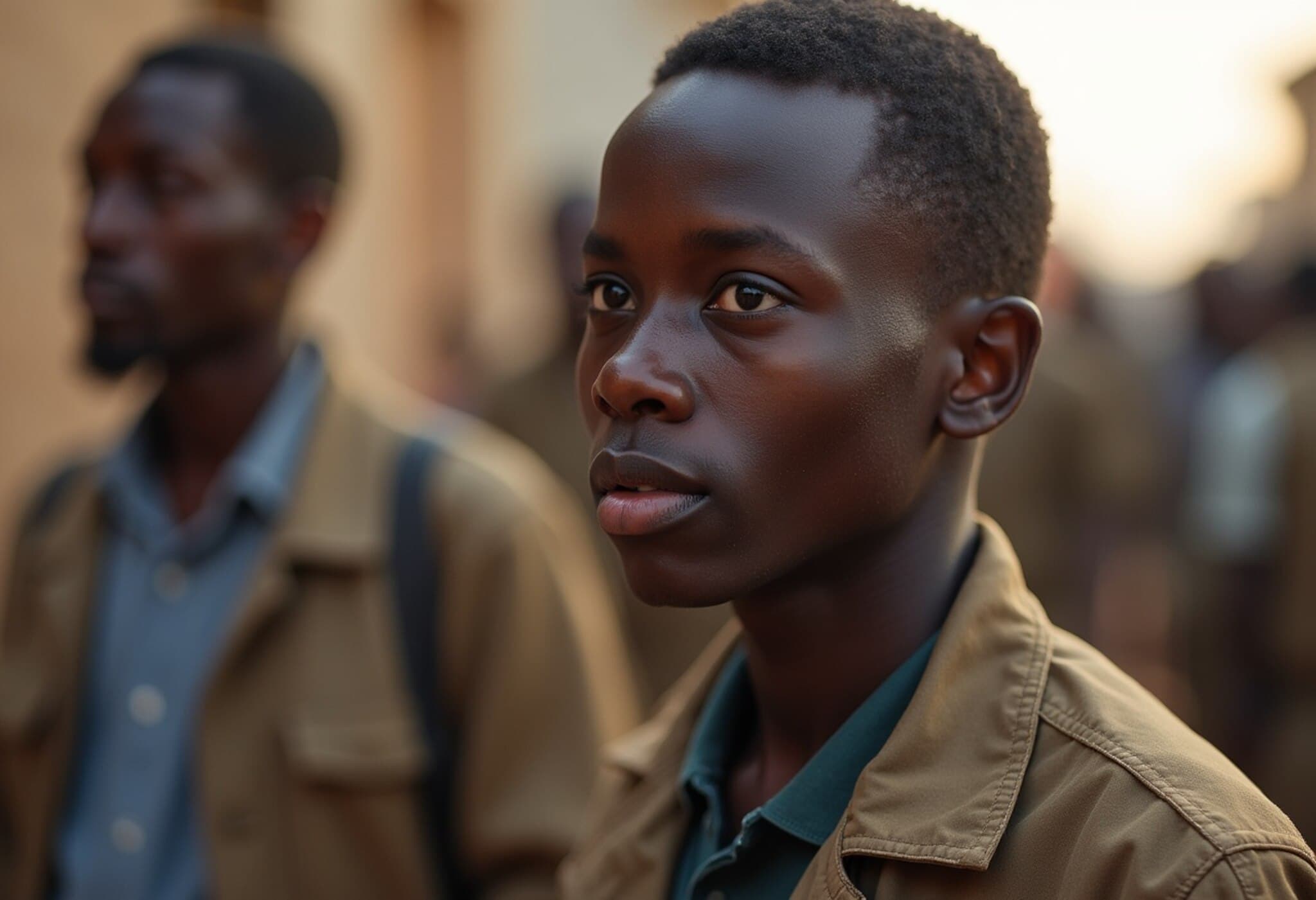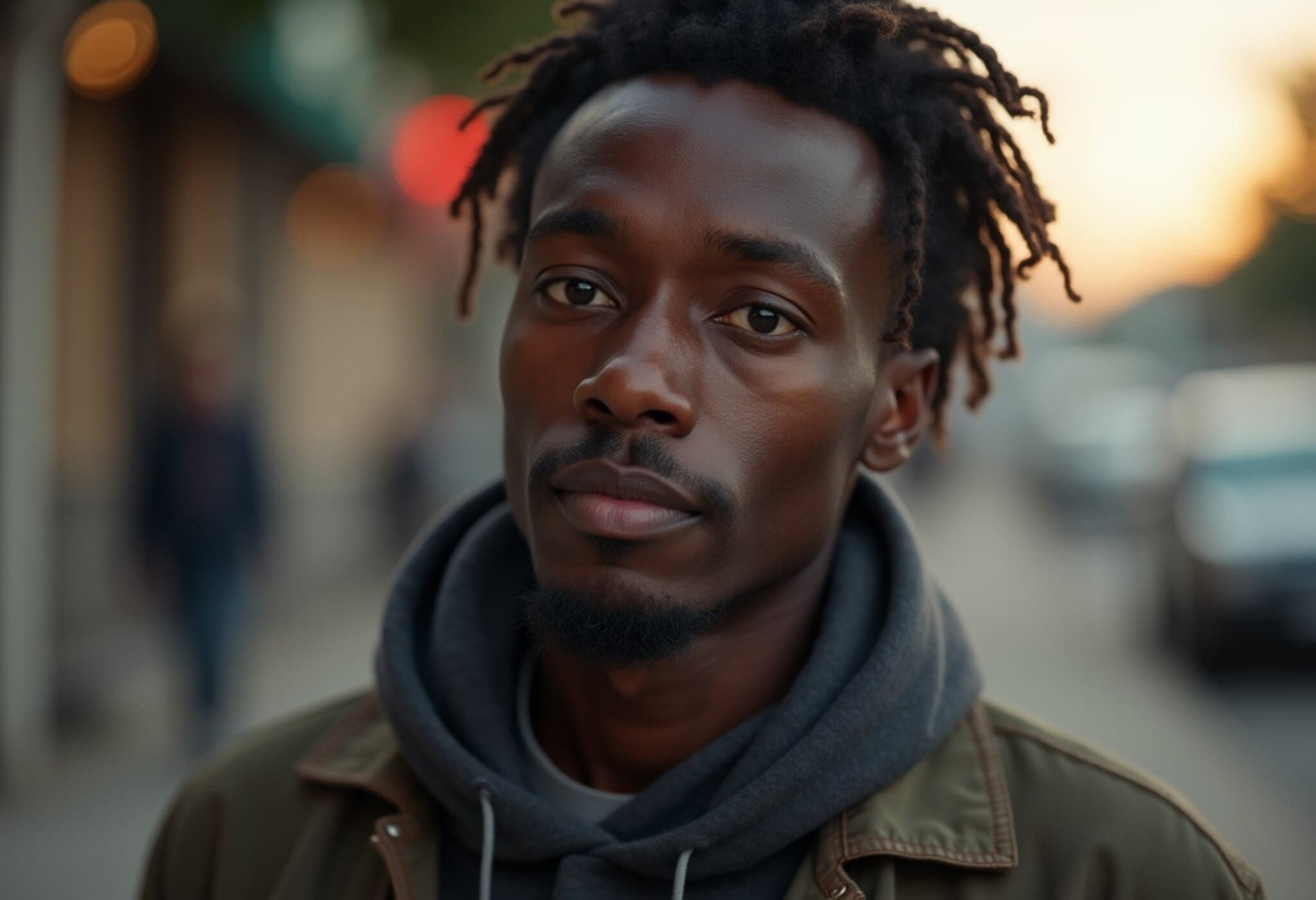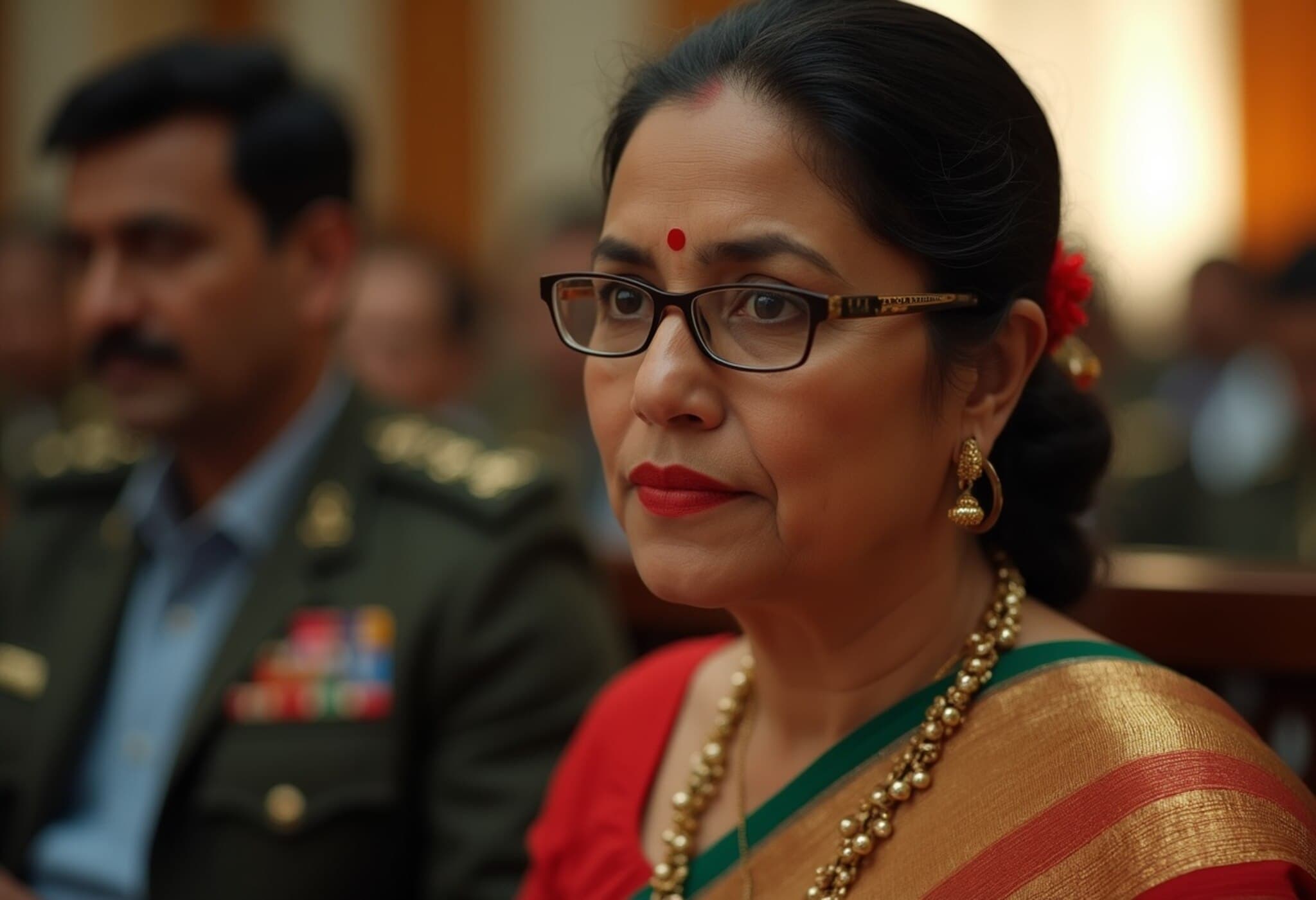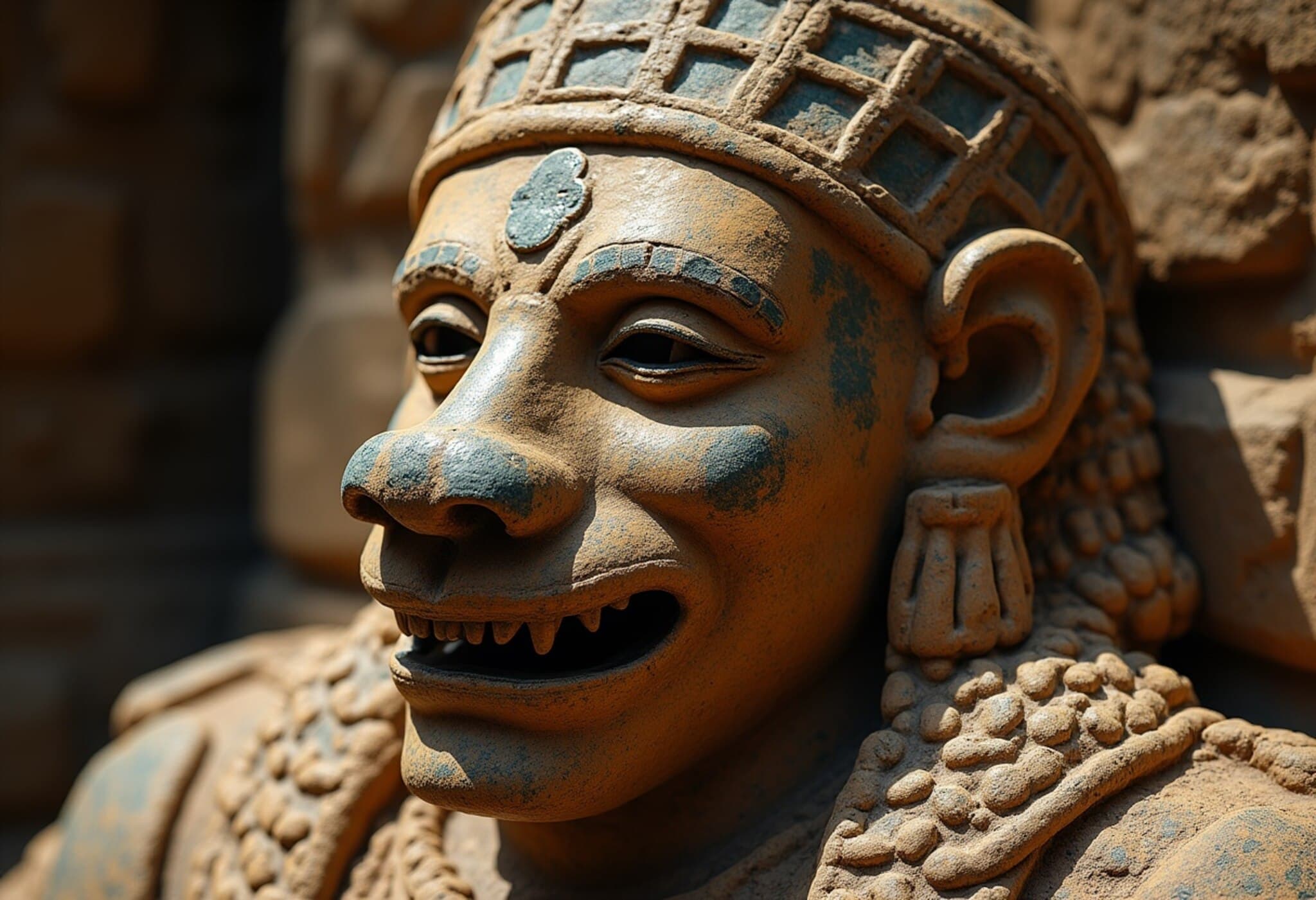El Salvador’s Strategic Role in U.S. Deportation Efforts
In recent years, El Salvador has emerged as a pivotal partner for the United States’ stringent immigration enforcement agenda, particularly during the Trump administration. By incarcerating more than 200 deportees—many accused of gang affiliations—President Nayib Bukele has cemented a mutually beneficial relationship with Washington. This alliance offers a fascinating glimpse into geopolitical maneuvering where migration policy, crime control, and diplomacy intersect.
The Bukele-Trump Alliance: A Political and Security Bargain
President Donald Trump’s commitment to deporting undocumented migrants, especially those linked to violent gangs like MS-13, found an eager ally in Bukele’s El Salvador. The Salvadoran government has not only agreed to detain deportees under harsh security measures in facilities like the CECOT (Terrorism Confinement Center) but has also seen tangible rewards: from an exclusive White House visit to a landmark upgrade in the U.S. State Department’s travel advisory rating for El Salvador—now surpassing even France in perceived safety.
Inside the Controversy: MS-13 Leaders and Secret Deals
Investigations reveal that beyond just housing deportees, U.S. authorities paid El Salvador for the incarceration of Venezuelan nationals and even facilitated the return of top MS-13 leaders from American custody. This has sparked concerns about possible covert negotiations between Bukele’s government and gang leadership—a claim the Salvadoran president vehemently denies. Such allegations complicate Bukele’s narrative as a crime-fighting reformer.
Tourism Revival Amid Security Upgrades
El Salvador’s unexpected rise to the highest safety rating by the U.S. State Department follows a steep decline in violent crimes and homicides, signaling a profound security turnaround. This milestone is more than symbolic: it’s a targeted effort by Bukele’s administration to attract tourism investment and boost the domestic economy amid regional instability.
Ahilan Arulanantham, an expert from UCLA’s Center for Immigration Law and Policy, points out that this upgrade is politically savvy. "Governments prefer ratings that say it’s safe to travel," he notes, underscoring how international perception dovetails with economic ambitions in El Salvador’s push to enhance its global image.
Temporary Protected Status: A Political Shield
While the Trump administration rolled back deportation protections for immigrants from Haiti, Honduras, and Nicaragua, Salvadorans continue to enjoy Temporary Protected Status (TPS) in the U.S. until at least 2026. This status, allowing Salvadorans to live and work legally in the U.S., not only supports hundreds of thousands of families but also shores up Bukele’s domestic standing. Remittances sent by Salvadoran immigrants remain a vital pillar of El Salvador's economy, reinforcing Bukele’s leverage at home.
Human Rights Concerns and Silenced Opposition
Despite these gains, Bukele’s administration has faced sharp criticism for its autocratic tendencies. Civil society groups and government critics have been targeted, with arrests and intimidation tactics marring El Salvador's democratic fabric. Notably, a new law granting sweeping powers to silence dissent was met with muted U.S. response, raising troubling questions about the balance between security cooperation and respect for human rights.
The Global Ripple Effect and Lessons Learned
The so-called "Bukele Model"—combining harsh incarceration alignments with diplomatic rewards—is attracting attention from other countries eager to replicate El Salvador’s formula. Already, Guatemala is exploring similar high-security agreements. However, this model also invites increased scrutiny from international human rights observers and U.S. lawmakers concerned about transparency, due process, and the fate of deportees in foreign detention.
Expert Perspectives
- Douglas Farah, an El Salvador specialist, highlights the political and reputational risks Bukele faces as "counterpressure” mounts from critics and families of deported individuals.
- Ivan Espinoza-Madrigal from Lawyers for Civil Rights warns that many countries offering prisons for deportees may be motivated more by financial incentives than long-term justice reforms.
Balancing Security and Justice: What Lies Ahead?
As immigration enforcement policies continue to reshape hemispheric relations, the El Salvador-U.S. partnership signals a complex paradigm where migration control is intertwined with security cooperation, economic interests, and contested democratic norms. For American policymakers, the challenge lies in upholding human rights even while seeking tactical gains against organized crime.
In Conclusion: A Policy Crossroads
Bukele’s embrace by Washington exemplifies the difficult trade-offs in contemporary immigration policy—between deterrence and diplomacy, security and rights. As the Biden administration reassesses these arrangements, the broader American public and international observers must ask: what price are we willing to pay for border control, and who truly benefits from such deals?
Editor's Note
El Salvador’s collaboration with the U.S. on deportation and incarceration is reshaping regional immigration dynamics. While touted as a security success, it raises critical questions on human rights, transparency, and the long-term cost of relying on autocratic allies. Readers are encouraged to consider the implications these policies have not just on migrants but on democracy itself.

